What I Wish I Knew as a New Photographer
This post was originally featured on So TIPical Me!
From time to time I receive free products for review or include advertising links in my posts. But no one impacts the honesty of my opinions.
I’m the type of person who thinks they know everything. I’m not proud of that fact but I do tend to think pretty highly of my skills, even if they are non-existent. There is nothing that will force you to face reality faster than a really bad experience, and even then that experience may not be enough to push you to realize that everything you thought you knew was wrong.
Man, I sound like a total tool. Let me explain.
I have always loved photography. As a kid I would run around with either a point and shoot or a disposable camera capturing pictures of my friends and all the silly shenanigans we’d get in to. As I got older I would dream of owning a better camera to capture better pictures, but that dream didn’t become a reality until two years ago when my husband finally decided it was time. Because I did pretty well with my point and shoot I thought the transition to a DSLR would be fairly easy for me, despite all the different modes, camera lenses, and settings. I was wrong. I had gone from being someone fairly confident with a camera in her hand to a complete and total beginner.
There were a lot of times I felt frustrated and upset because my pictures just weren’t turning out like I’d hoped. I had trouble with even the simplest of settings and would become flustered when things weren’t going my way. I had been determined to learn everything on Manual Mode right from the start because I had heard all the serious photographers never used Auto and I wanted to get off on the right foot. If I hadn’t been so stubborn I might have bypassed a lot of the mistakes I made in the beginning. And I hope that these tips I’m about to share will help someone else have a much easier time transitioning to their new camera!
This post contains affiliate links. I may earn commission from qualifying purchases at no additional cost to you. I will never recommend a product I don’t use or trust.
Auto is not a bad word.
Contrary to what I believed when I first started, auto is not a bad word! I had been so determined not to use Auto mode on my camera that I ended up missing out on some wonderful memories that I could have captured. Don’t be like me! Take your time and truly learn everything that your camera has to offer. If you need to use auto to become familiar with your camera lens or even the camera itself, there is no shame in that. You’ll have a much easier time in other modes if you’ve truly taken your time and familiarized yourself with the camera and it’s accessories. Plus, you won’t miss out on capturing memories of your family while you’re learning. And to be honest, isn’t that the real reason we all want nice cameras? So we have high quality pictures of the ones we love?
How to set the exposure correctly.
My first major outing with my camera was at Disneyland, and I was so excited to get great pictures of the park that I could take home! However, I quickly grew frustrated with all of my pictures and was so discouraged that I just wanted to give up. I had no idea why they were so white washed because I could swear that I was setting the exposure correctly. Nope. I was, in fact, setting it according to the audio levels the camera was picking up which meant I wasn’t actually setting it at all. Unfortunately all my Disneyland pictures from that trip were ruined because I didn’t know what I was doing!
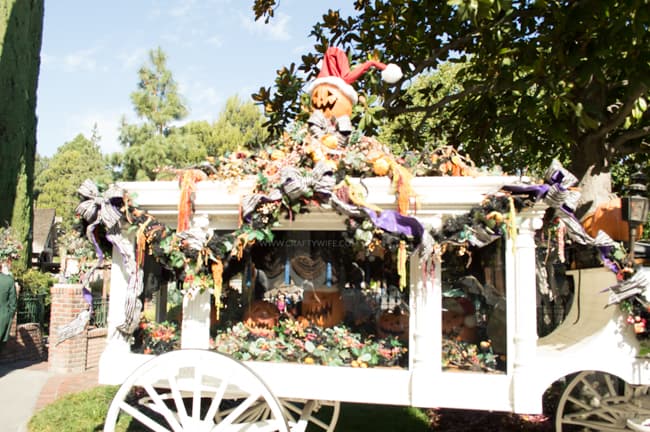
The easiest way to know how to set your exposure is to consult your manual. There is an app on my phone that allows me to carry my manual with me in case I need a refresher on how to set something on my camera! When we bought my Nikon, the sales man at Best Buy let me in on that little tip and it has been so helpful when I’m at Disney or just out shooting in general!
The difference between JPEG and RAW.
This past year I have tried very hard to learn how to correctly post process (or edit) my photos. It’s a long process, but once you get the hang of it it makes a world of difference in your photos! To be able to edit them like I do, I only shoot in RAW format on my camera. This allows me to easily edit the exposure, white balance, and other aspects of the photo. But using this format means that I cannot upload my photos directly from my camera onto social media sites because they’re unfinished.
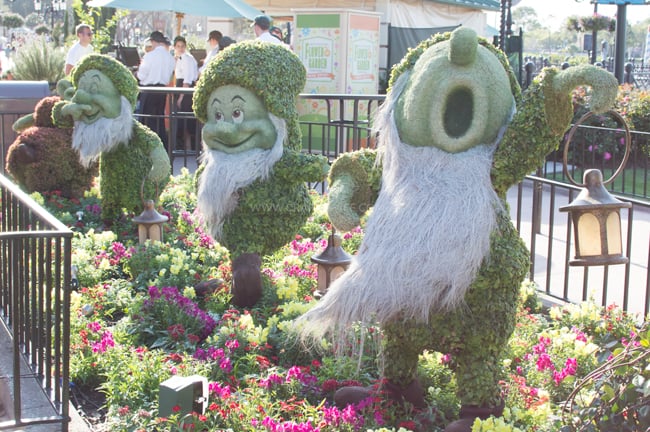
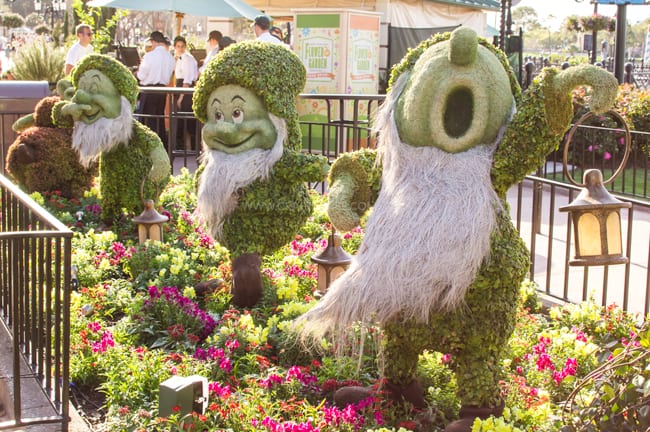
JPEG format allows you to directly upload your photos from your camera to your social media sites. This is extremely helpful if you want to quickly share photos with family and friends after a party or other fun event. However, JPEG photos give you very little leeway in terms of editing your photographs. They come out of the camera ready to go so if you aren’t a fan of post processing then this is probably the format you should be using!
To find out all the differences between these two formats, this article is really informative!
Expensive lenses don’t automatically equal better photos.
[Tweet “Buying a more expensive lens does not mean you’ll achieve better photos.”]
About four months after I bought my Nikon I was in the market for a wide-angle lens. I honestly thought I needed it to achieve more visually interesting photos (and I really wanted them for fireworks shots at Disney World) and so I made my case as to why I wanted needed it. My husband was okay with it as long as I saved up for it, which I did, and by the time I got it I thought all my photography mistakes would miraculously disappear with my newer and more expensive lens. NOPE! I still made the same mistakes and then some, because I had to learn how to use this new lens just like I had to learn my other lenses.
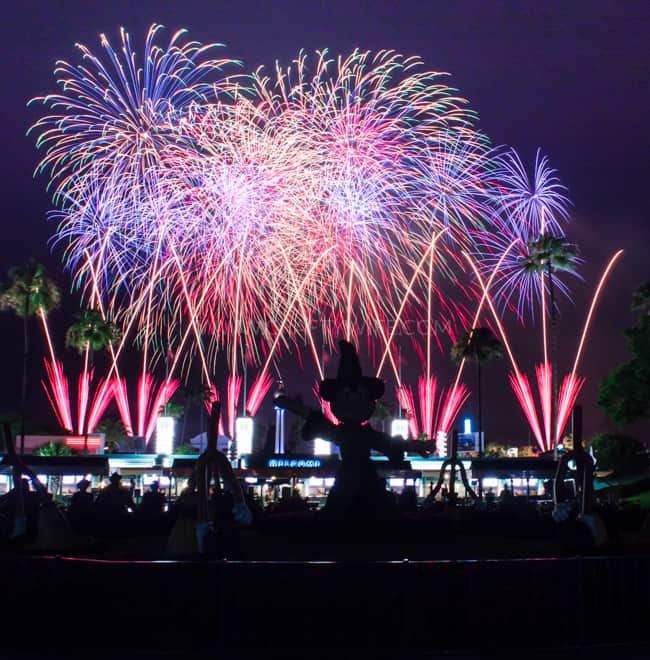
Every lens is different and you need to practice with them in order to get the best photos possible. I can honestly say that I still don’t know everything about my kit lens or my zoom lens, and they were the ones that originally came with my camera! Learn each lens strength and weakness, what they are most commonly used for, and how each lens focuses on subjects (because every single lens is different!). Mastering one lens before you move on to another will give you more confidence in starting over with a different lens and will also give you better photos.
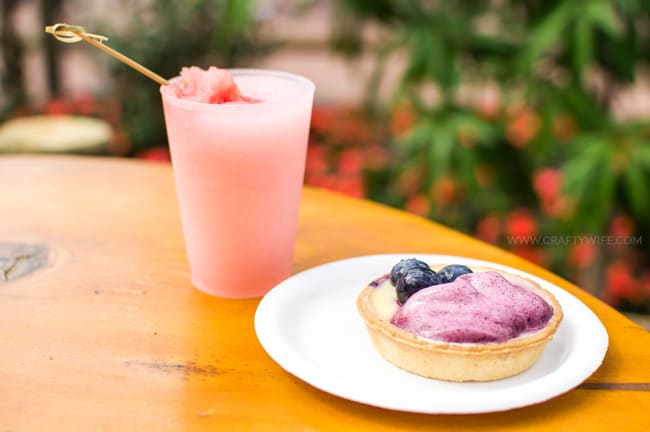
 lens, which I practiced with a lot on our last trip helped me get used to the lens!
lens, which I practiced with a lot on our last trip helped me get used to the lens!While there are certain perks to buying a nicer lens (I have my eye set on this one) you don’t necessarily need the most expensive one to achieve gorgeous photos. Learning and being able to use what you have will be more than enough when you’re just starting out!
What is the biggest lesson you’ve had to learn when it comes to using your camera?
For more photography tips, tricks, and tutorials visit the links below!

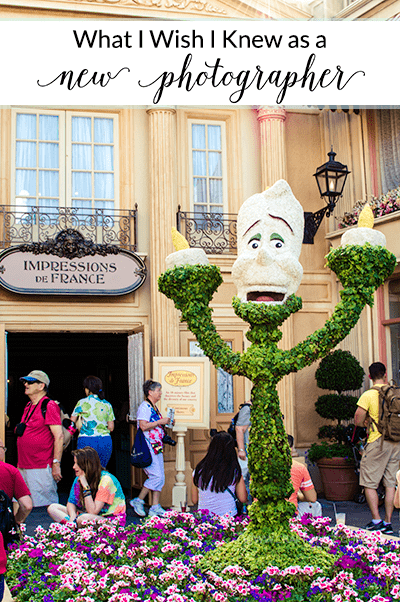



Thanks for the tips!! 🙂 I’m working on improving my photography. RAW vs. JPG, going to read that article right now 🙂
You’re welcome! I hope you find that article helpful, it really made a lot of sense to me when I first started editing my photos! 🙂
Thank You!!! 🙂 RAW and Lightroom. I so need that Nikon app too!
“I’m the type of person who thinks they know everything. I’m not proud of that fact but I do tend to think pretty highly of my skills, even if they are non-existent. ” …. Yep, same here! I mean, I know I’m not that great, but, if I pretend, and am confident enough, I am awesome … It works, right?! 😀
I enjoyed your confession of your camera experience.